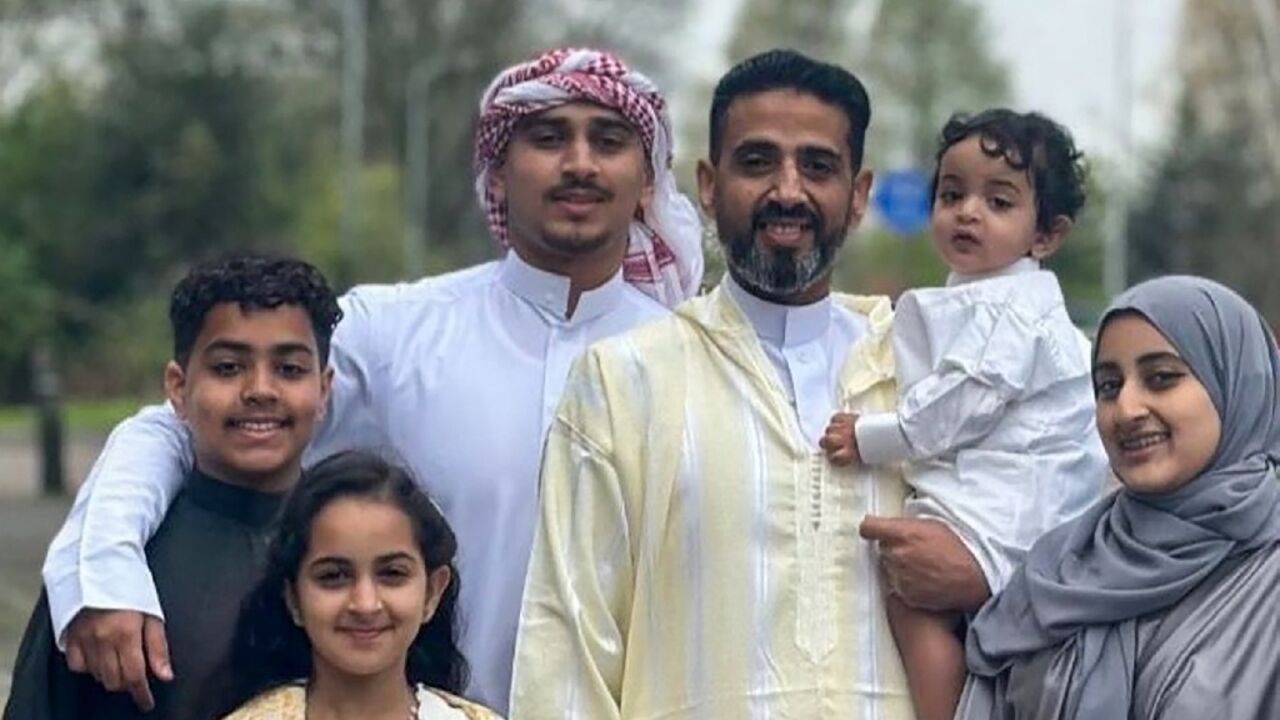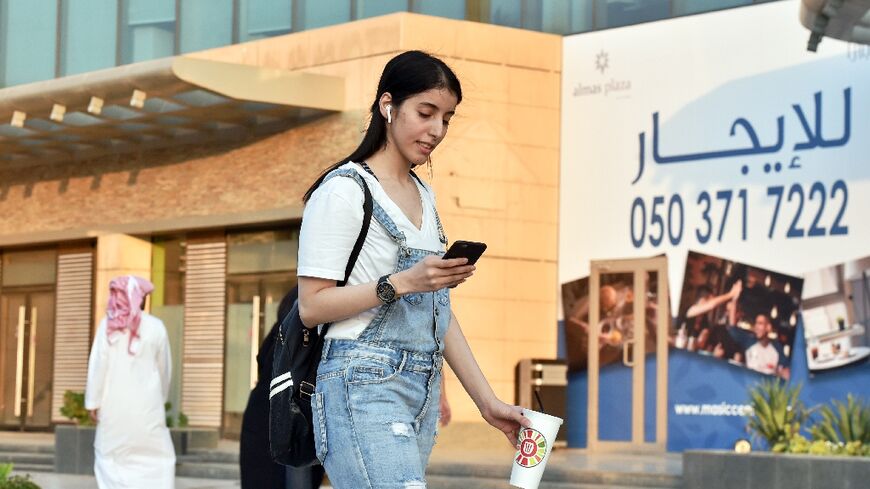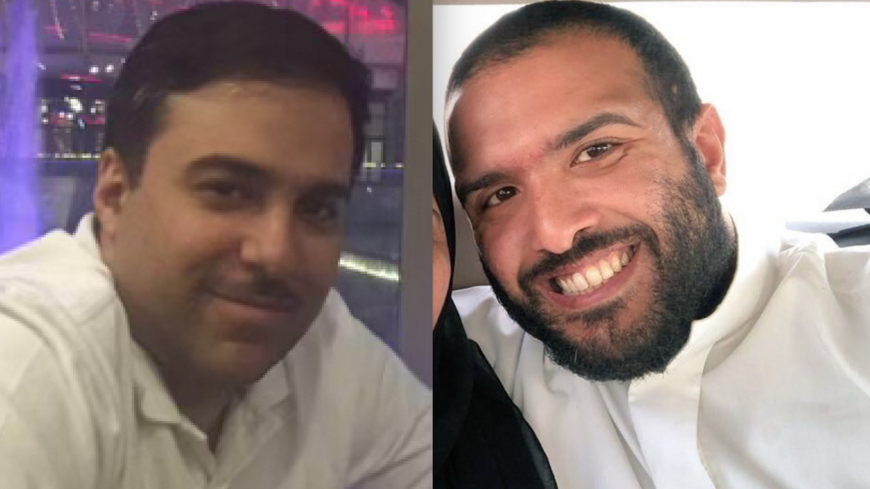Family in dark as Yemeni-Dutch man languishes in Saudi prison

Fahd Ramadhan spent years building a life as a refugee in the Netherlands, only to have it unravel with his surprise arrest on a trip to his birthplace Saudi Arabia.
The 44-year-old has been detained for more than six months in a case human rights activists say highlights a widening Saudi crackdown on social media posts perceived as even mildly critical of Crown Prince Mohammed bin Salman.
Back in Zaandam, the town north of Amsterdam where Ramadhan had made a new home for himself, his wife and five children have no idea whether and when they might see him again. As far as they know, no criminal charges have been filed against him.
"It's very difficult. I have younger brothers and sisters and a lonely mother who can't speak Dutch, and I have to take care of all of them," Abdullah, Ramadhan's 19-year-old son, told AFP.
"My father is just a man who works at his businesses and loves his family. He's not into political stuff."
Though born and raised in Saudi Arabia, Ramadhan was a Yemeni national and sought asylum in The Netherlands in 2018, a time when Dutch authorities approved many requests from Yemenis because of the war ravaging their country.
In the years that followed, he arranged for his wife and children to join him, learned some Dutch and opened two Yemeni restaurants.
He also gained a large online following with Arabic-language YouTube videos explaining the Netherlands to outsiders, with titles like "What 100 Saudi riyals will buy you in Amsterdam" and "10 things not to do in the Netherlands".
In his first viral video, posted in 2019, he wrapped himself in the Yemeni flag and, flowers in hand, tearfully greeted his family as they arrived at Amsterdam airport.
In order to finalise Dutch citizenship for himself and his family, Ramadhan was told he needed to travel to Saudi Arabia to obtain a copy of his birth certificate, his son Abdullah said.
He made the trip in November last year, planning to stay just one week.
- Swift arrest -
Ramadhan generally steered clear of political content online, though he has acknowledged that he once "sympathised online with a critic of the Saudi royal family," Amnesty International said in a recent statement about the case.
That can be enough to risk arrest in Saudi Arabia, where political dissent remains prohibited even as Prince Mohammed tries to soften the Gulf kingdom's forbidding image to lure international tourists and investors.
Harsh verdicts, including one death sentence, have been handed down in recent years against Saudis who post critical content online. Saudi officials say the suspects are guilty of "terrorism"-related crimes.
Ramadhan's family does not believe his case has advanced to trial stage, though they have received no official updates.
Saudi authorities did not respond to AFP's request for comment.
Around the time Ramadhan flew to Jeddah, several posts on X purported to show private messages in which he appeared to criticise Prince Mohammed, referring to him using a pejorative nickname.
The messages, which Ramadhan's relatives say are fake, also describe the Saudi government as "reckless".
Ramadhan's family say the messages were fabricated by another Yemeni living in the Netherlands with whom Ramadhan had a personal dispute. The Saudi public prosecutor's office was tagged in the posts.
Two days after touching down on Saudi soil, Ramadhan received a phone call summoning him to a police station, where security forces took him into custody.
"He was allowed to make a brief call to his wife but was not allowed to inform her where he was being detained," Amnesty said.
- 'Push for his release' -
Ramadhan calls home once a week, describing grim detention conditions and worsening symptoms from his diabetes, Abdullah told AFP.
In February, despite being detained in Saudi Arabia, Ramadhan obtained Dutch citizenship, Amnesty said.
"The Ministry of Foreign Affairs is aware of the case of a Dutch national in Saudi Arabian detention, is following it closely and is providing consular assistance," the Dutch foreign ministry said in response to questions from AFP.
But consular support is not enough, said Amnesty's Floor Beuming.
"It's not just a Dutch citizen in detention abroad. It's also a human rights case," she said.
"I think it's very clear that they need to do more and push for his release."







